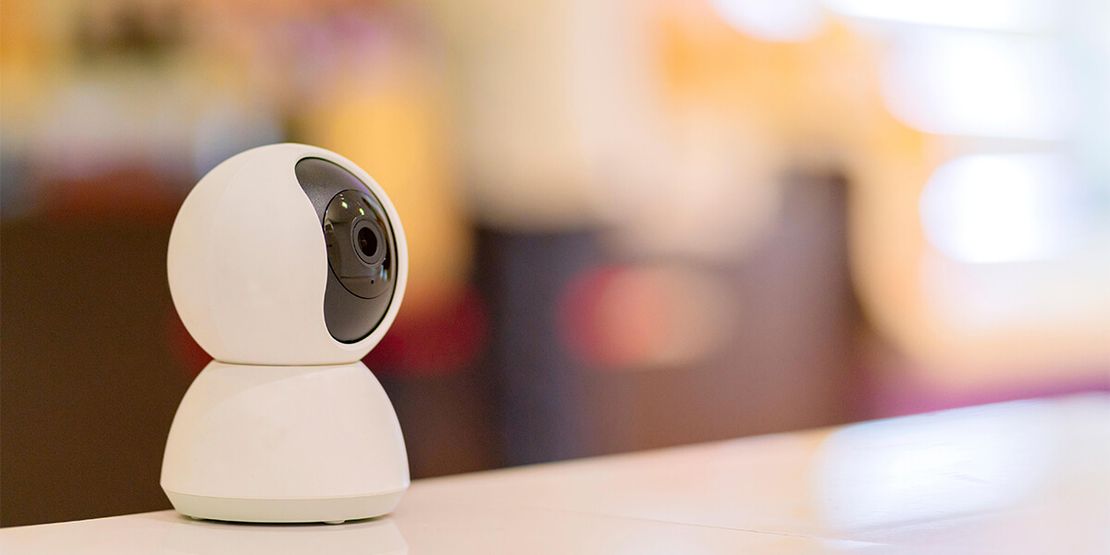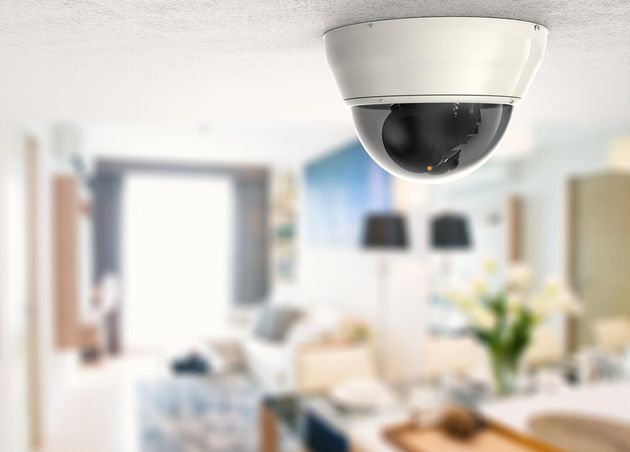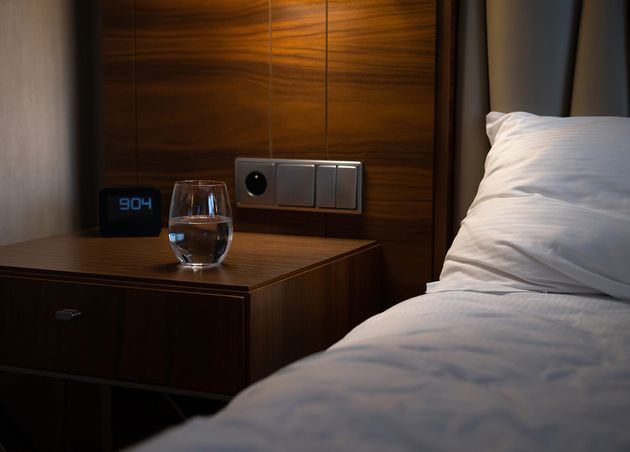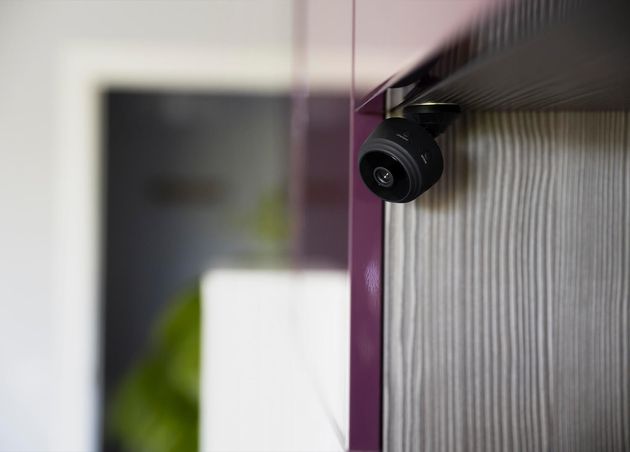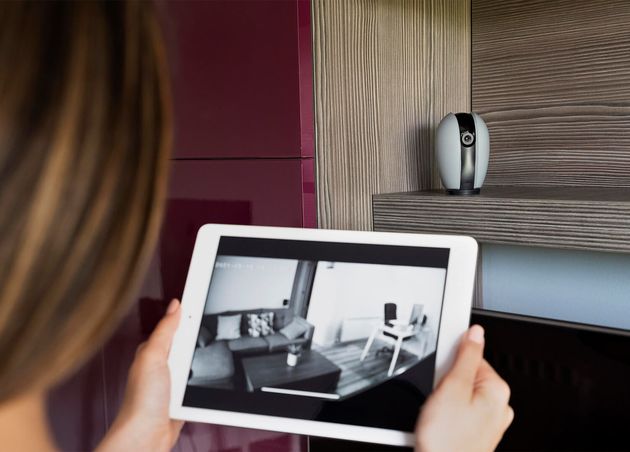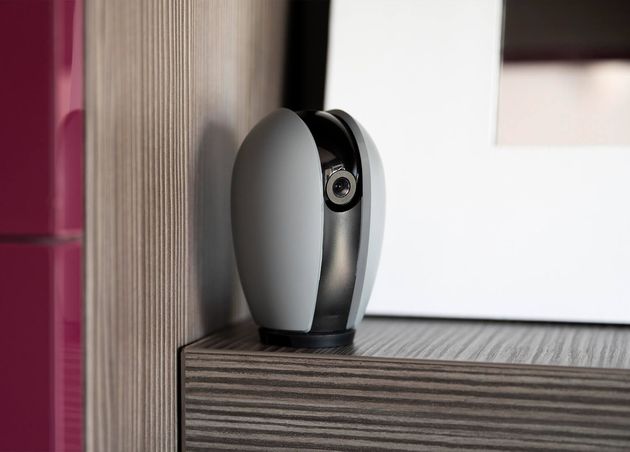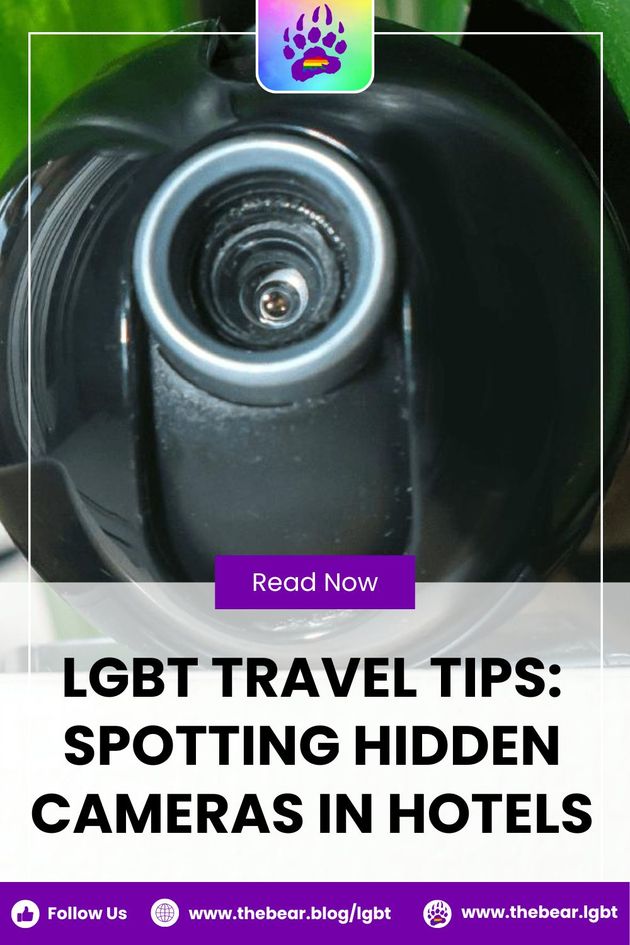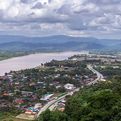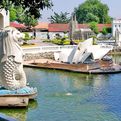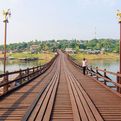LGBT Travel Tips: Spotting Hidden Cameras in Hotels
For many, travel represents a journey of self-discovery, cultural immersion, and forging new connections—a sentiment especially cherished within the vibrant LGBT community. Yet, amid the thrill of planning adventures and embracing unfamiliar horizons, safeguarding personal safety and privacy is an essential priority. Recent incidents involving hidden cameras in accommodations have highlighted the importance of vigilance and proactive measures to preserve individual sanctity.
In this complete guide, we'll delve into the nuances of hidden camera detection, Airbnb's policies, legal considerations, and practical tips, all tailored to empower LGBT travelers with the confidence and resources needed to navigate the hospitality landscape securely.
🏳️🌈 Quick Trivia!
Quality hotels usually prioritize guest safety, so spotting hidden cameras in reputable places is rare.
Peek Into the Landscape: Real Stories Matter
The rise of some platforms like Airbnb has transformed the travel landscape, offering unparalleled opportunities to immerse oneself in local cultures and communities. However, alongside the allure of homestays lurk potential risks, as vividly illustrated by Ian Timbrell's harrowing encounter in Aberystwyth.
Timbrell's unsettling discovery of a hidden webcam nestled within the confines of his Airbnb accommodation serves as a saddening reminder of the critical need for vigilance and awareness when booking lodgings, particularly within private residences.
Real-Life Example: Ian Timbrell's Eye-Opening Encounter
In the serene Welsh coastal enclave of Aberystwyth, Ian Timbrell, a seasoned 41-year-old LGBT inclusion trainer hailing from Cardiff, embarked on a business venture, opting for an Airbnb abode to immerse himself in the local ambiance. However, his anticipation swiftly turned to bewilderment upon stumbling upon an unexpected guest—the ominous presence of a "suspicious webcam" concealed amidst the plush cushions of his Airbnb lodging's living room. Reacting promptly, Timbrell leveraged the power of social media, sharing a compelling snapshot alongside a poignant caption expressing his profound shock and apprehension. His initial post resonated deeply within the online community, captivating over 875,000 individuals and igniting a fervent discourse concerning privacy and safety within accommodation rentals.
As the narrative unfolded, Timbrell disclosed further unsettling revelations, including the disconcerting discovery of flies infesting the kitchen, compounding his sense of unease. Despite his valiant attempts to address the issue with the property owner, Timbrell found solace in the refuge of a hotel, opting to relocate for the remainder of his stay in Aberystwyth, where he could regain a semblance of security and peace of mind.
Knowing Your Guest Rights with Airbnb Policies
Transparency stands as a cornerstone of Airbnb's ethos, with hosts mandated to divulge any surveillance cameras within their listings. Despite these stringent guidelines, guests such as Timbrell may find themselves confronted with hidden cameras, casting doubt on the efficacy of Airbnb's enforcement protocols.
In the wake of such disconcerting incidents, Airbnb has reaffirmed its dedication to addressing privacy apprehensions and extending support to impacted guests. Nevertheless, travelers are urged to maintain vigilance and assert their rights to safeguard their safety and privacy.
Navigating Legal Waters: What's Allowed?
The legality surrounding hidden cameras in accommodations is a complex tapestry woven with nuances dictated by jurisdiction and context. While certain nations boast stringent regulations safeguarding surveillance and privacy, others adopt more lenient or ambiguous stances.
In the world of Airbnb properties, hosts are typically barred from deploying cameras in intimate spaces like bedrooms and bathrooms without the explicit consent of their guests. However, the consistency in enforcing these policies fluctuates, leaving travelers susceptible to potential infringements on their privacy.
Discovering Hidden Cameras: 5 Foolproof Methods for LGBT Travelers
Detecting hidden cameras demands a blend of keen awareness, astute observation, and a touch of technical savvy. Below are 5 practical tips to assist travelers in identifying concealed surveillance devices in hotels, homestays, and Airbnb. Following these practical tips can enhance every LGBT traveler's ability to detect hidden cameras and protect their privacy while staying in hotels and accommodations.
#1 Sharpen Your Observation Skills: Conducting a Visual Inspection
Enhancing your ability to spot hidden cameras begins with sharpening your observation skills. Take a moment to scrutinize your hotel room or accommodation upon arrival. Pay close attention to details that may seem out of place or suspiciously arranged:
-
Size and Placement: Take note of the size and positioning of objects like lamps. An oddly placed lamp or one that seems disproportionate to its surroundings could cause concern. Also, keep an eye out for unusual arrangements of devices in the room.
-
Common Areas and Fixtures: Conduct a thorough examination of common areas and fixtures, including smoke detectors, wall decorations, electrical outlets, and decorative items like tissue boxes and desk plants. These are potential hiding spots for hidden cameras.
-
Smoke Detectors and Mirrors: Particularly scrutinize smoke detectors, plug outlets, and mirrors, as these are commonly utilized locations for concealing surveillance devices.
-
Infrared Light Test: Use your TV or air conditioning remote to aim at the viewfinder of your phone's camera. This can help you visualize how infrared light appears on the camera, revealing any hidden devices. Note that this method may not work on the latest iPhone models.
-
Two-Way Mirrors: Be wary of two-way mirrors, a tactic sometimes employed by individuals seeking to invade privacy. Differentiate between a hung mirror and one set within a wall. Tap gently on the mirror's surface to determine if there's a hollow space behind it, indicating a potential hidden camera setup.
By honing your observation skills and employing these techniques, you can increase your ability to detect hidden cameras and protect your privacy during your stay.
#2 Harness Your Smartphone's Flashlight: Illuminate Hidden Cameras
Unlocking the potential of your smartphone's flashlight can be a game-changer in detecting hidden cameras. Here's how to leverage this tool effectively:
-
Understanding Reflections: Remember that even the tiniest camera lenses tend to reflect light. Therefore, a covert camera would likely exhibit reflective properties as well.
-
Dark Room Examination: To commence your investigation, switch off the room lights and activate the flashlight on your smartphone. This will create an environment conducive to spotting reflections that could indicate the presence of hidden camera lenses.
-
Scanning for Anomalies: Carefully sweep the illuminated area, scrutinizing shiny surfaces and any unusual reflections that catch your eye. Hidden cameras often betray their presence through telltale glints or reflections, which can help you pinpoint their location.
Utilizing the flashlight feature on your smartphone in this manner can heighten your chances of uncovering hidden cameras and safeguarding your privacy during your stay.
#3 Invest in Spy Camera Detection Devices: Enhance Your Security Arsenal
Professional spy camera equipment is readily available for purchase. By exploring online platforms like Amazon, you'll discover a plethora of RF signal detectors designed specifically for uncovering hidden surveillance devices. Here's how these tools can bolster your security:
-
Bug Sweeping Technology: Equip yourself with a bug detector, an invaluable tool capable of sweeping the space for hidden cameras and other surveillance equipment. Despite limited feedback from typical consumers, most of these devices have proven to be more effective, particularly for individuals who frequently move about.
-
RF Signal Detectors: Consider investing in RF signal detectors that are readily accessible online. These devices utilize advanced technology to scan the area for concealed surveillance equipment, providing additional security and peace of mind.
By incorporating spy camera detection devices into your security repertoire, you can fortify your defenses against potential privacy infringements and ensure a safer, more secure environment during your travels.
#4 Shield Suspicious Devices: Safeguard Your Privacy
Adopting proactive measures is paramount to safeguarding your privacy when encountering unfamiliar or suspicious devices in your room. Here's what you can do:
-
Unplug and Cover: If you're uncertain about the purpose or identity of a device, the best approach is to promptly unplug it and cover it with a cloth or tape. Doing so can obscure any potential monitoring capabilities and mitigate the risk of unauthorized surveillance.
-
Drawer Storage: Alternatively, consider stashing the device in a drawer until further clarification or investigation is possible. This precautionary step helps prevent any potential monitoring while allowing you to proceed with peace of mind.
-
Vigilant Observation: Stay vigilant for any devices that appear out of place or suspicious, such as clocks, mirrors, or plug outlets. If you encounter such items, take immediate action to unplug them and cover them securely to thwart any potential monitoring attempts.
By implementing these proactive measures, you can effectively shield yourself against potential privacy breaches and ensure a more secure environment during your stay.
#5 Utilize Detection Apps: Strengthen Your Surveillance Defense
Feeling apprehensive about potential hidden cameras, even when no signs are evident? Fear not, as technology offers a solution. Consider downloading specialized apps designed to scan for recording devices, providing an added layer of security and reassurance. Here's how to make the most of these tools:
-
Android Applications: For Android users, apps like "Radarbot" and "Detectify" offer functionality to detect frequencies commonly used by recording equipment. These apps can be downloaded for free from the Google Play Store, empowering you to scan your surroundings for covert cameras.
-
Glint Finder – Camera Detector: Another invaluable tool for Android users is "Glint Finder – Camera Detector." This app utilizes the camera flash's retroreflection to identify shiny items, including hidden camera lens elements, within the field of vision. Its intuitive interface makes it a top choice for uncovering potential privacy breaches.
-
iPhone Solutions: iPhone users can rely on apps like the "Hidden Camera Detector App" to ensure their privacy remains intact. These apps leverage advanced algorithms to detect hidden cameras, providing peace of mind during your stay.
If you discover a hidden camera in your room, it's imperative to take swift action. Contact the hotel management and customer service immediately to address the situation and protect your privacy effectively. By leveraging these specialized apps, you can enhance your surveillance defense and enjoy a more secure travel environment.
Advocating for Enhanced LGBT Community Privacy
Instances of hidden cameras not only impact individual LGBT travelers but also raise broader concerns about privacy and security in the hospitality industry. By reporting incidents and advocating for stronger regulations, LGBT travelers can create safer and more transparent accommodation experiences. Furthermore, engaging with platforms like Airbnb and urging them to enhance their privacy policies and enforcement mechanisms can help prevent future privacy violations while ensuring inclusivity and safety for LGBT individuals.
As the hospitality landscape evolves, it's essential for LGBT travelers to stay informed, assert their rights, and advocate for positive change in the industry. The rise of homestays and Airbnb has transformed travel, offering opportunities to live like locals in unique destinations. However, with instances of covert cameras and privacy violations on the rise, LGBT travelers must exercise vigilance. By understanding legal considerations and utilizing practical detection techniques, LGBT individuals can protect their personal space and enjoy enriching travel experiences with confidence and security.
Recommended for you
Mini Siam Park: Exploring the World in Pattaya
The Bear Team
Travel to Surat Thani Guide: Everything You Need to Know
Dr. Theodore (Professor Bear)


